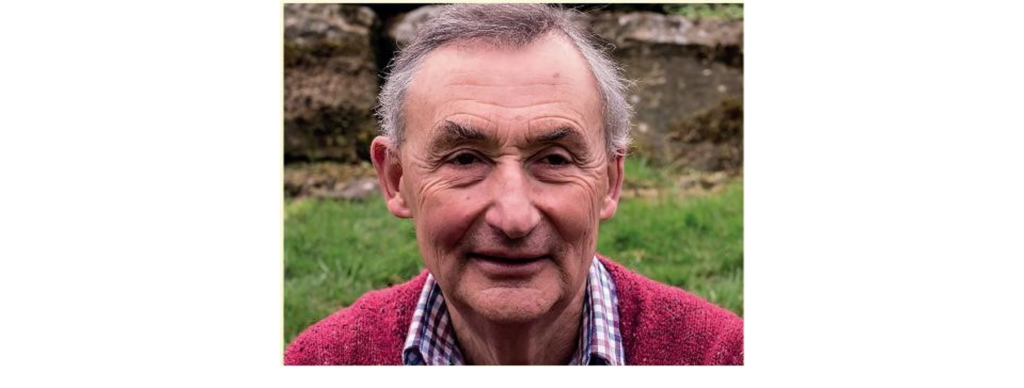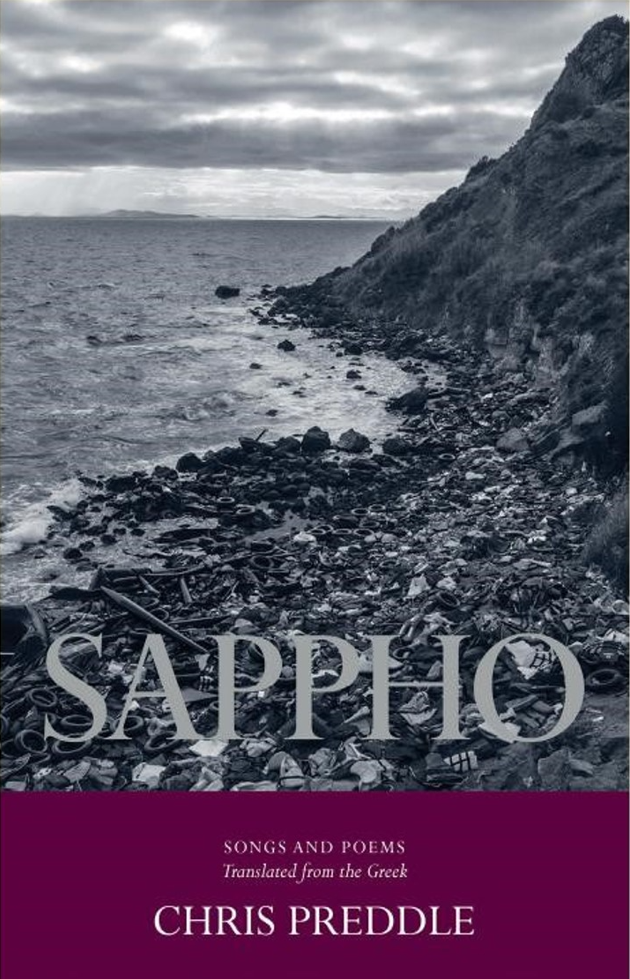Irish Pages Press, 2022.
Sappho of Lesbos is the earliest woman poet we know in western literature, and one of the best lyric poets ever. She writes about women friends and lovers, her family and brothers and their problems, goddesses, weddings, and love, separation and loss. A women’s world is created in her poems, and her values are intimacy, reciprocity, shared singing and dancing, shared worship, women’s things, the body, all that is graceful and sensuous, and feelings and self-knowledge. She passes on the feminine culture of archaic Greece, but understands male culture too and asserts female values in its place. She dramatises herself as a powerful, articulate and emotional persona, candid, sometimes directive and sharp-tongued.
It is clear from her songs that she was highly intelligent and educated, cultured and musical, and familiar with myth and Homer. Her lifestyle was privileged and wealthy; she liked fashionable sandals, violet dresses, the perfume of queens, garlands of flowers. She had social and sexual freedom unusual at that time; she could address men and tell them off, she could take homoerotic love for granted. Prejudice against her began only in post-classical times.
She writes with high art and artfulness, in fine control of her material. Her metres are intricate and musical, and she often uses a satisfying circular form to work out a problem. Her language is variegated and complex, with metaphors, dialogue, parallelism, alliteration, assonance, argument, dramatisation, and different tones and moods.
Sappho was famous and deeply admired in her lifetime and has been so ever since. She wrote about 300 songs and poems, but the manuscripts all vanished before the invention of printing. So we gather together what we can: fragments of papyri preserved in the sands of Egypt, and quotations from her in ancient and medieval writers. This book has about 150 poems and fragments, all that can make connected sense, with the help sometimes of scholarly conjectures.
Chris Preddle has translated Sappho directly from her Greek. He fell in love with her when he was at school, and has spent 27 years researching and writing this book. Chris is a poet in his own right; his third collection is The May Figures (2022). He values Sappho for her high poetic qualities, her form, musicality, variety, directness, intensity. The purpose of this book is to make versions of Sappho that are good poems in their own right, as well as to keep as close to Sappho in every way as this allows.
The book begins with just a couple of pages of introduction, so that you get into Sappho herself quickly. Each poem or fragment is followed on the same page by a footnote, to help with background or allusions and to suggest critical appreciation. A longer Afterword says more about Sappho’s subjects, her literary qualities and achievement, and her life and times. The notes and Afterword use Sappho’s own words in evidence as much as possible, as well as the extensive scholarship on her.




